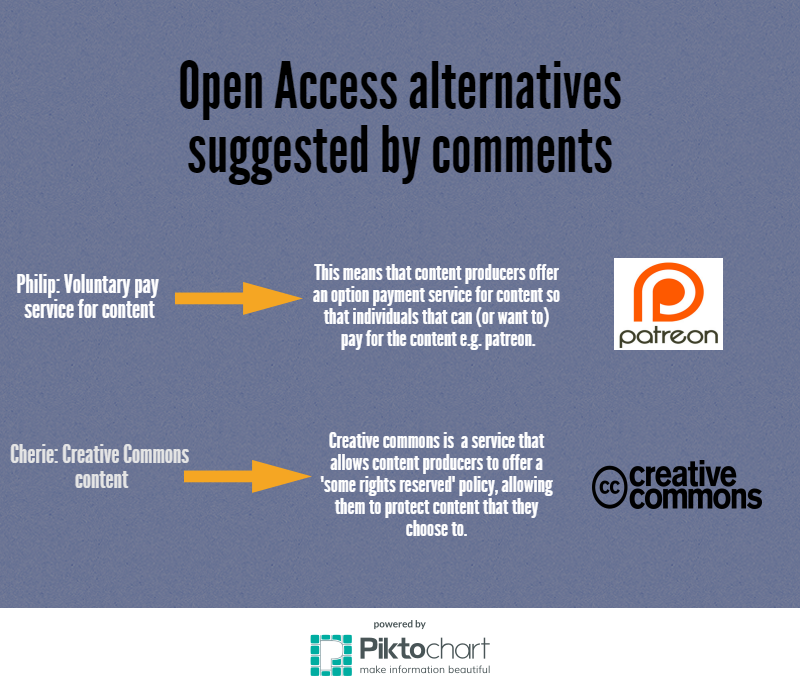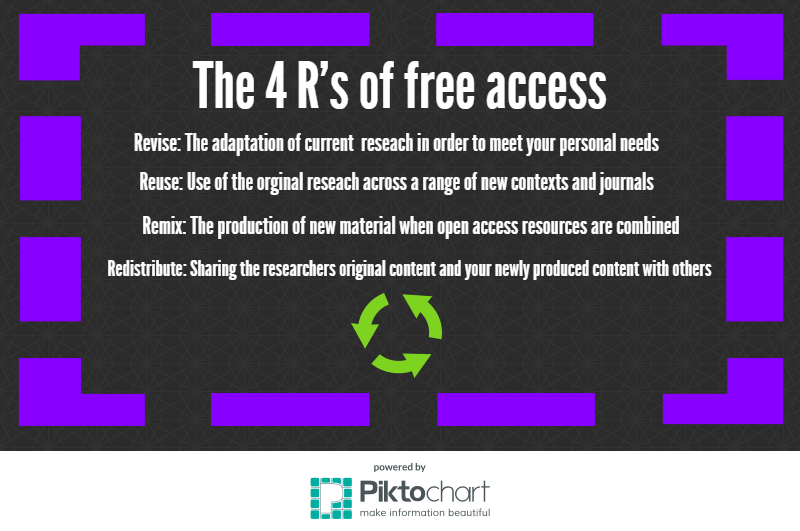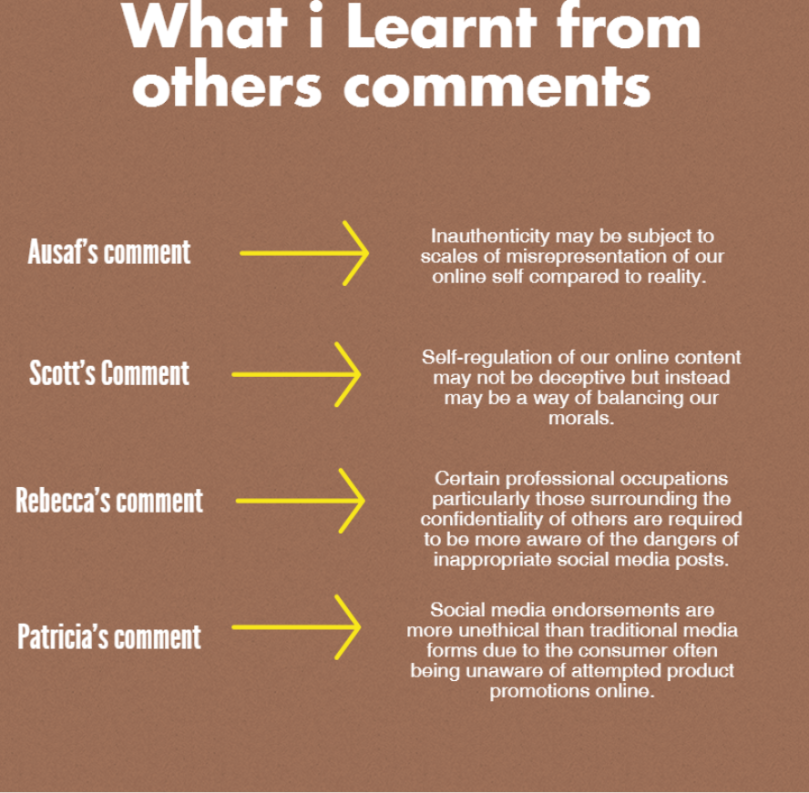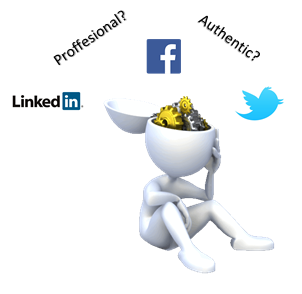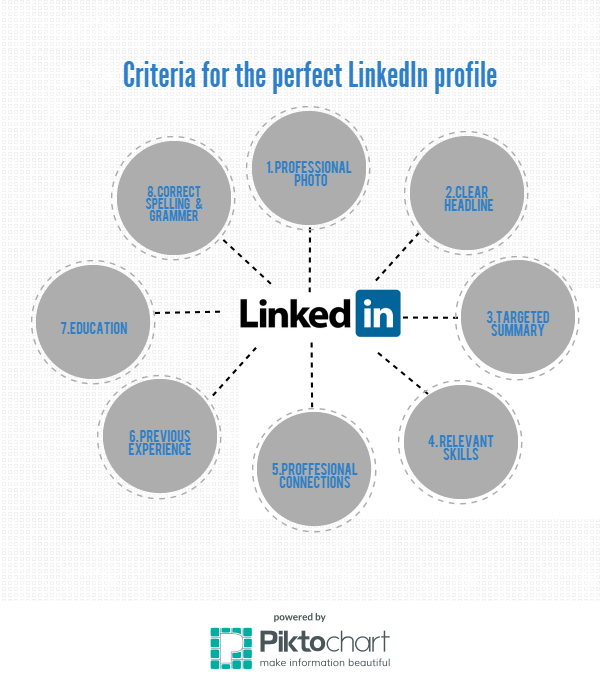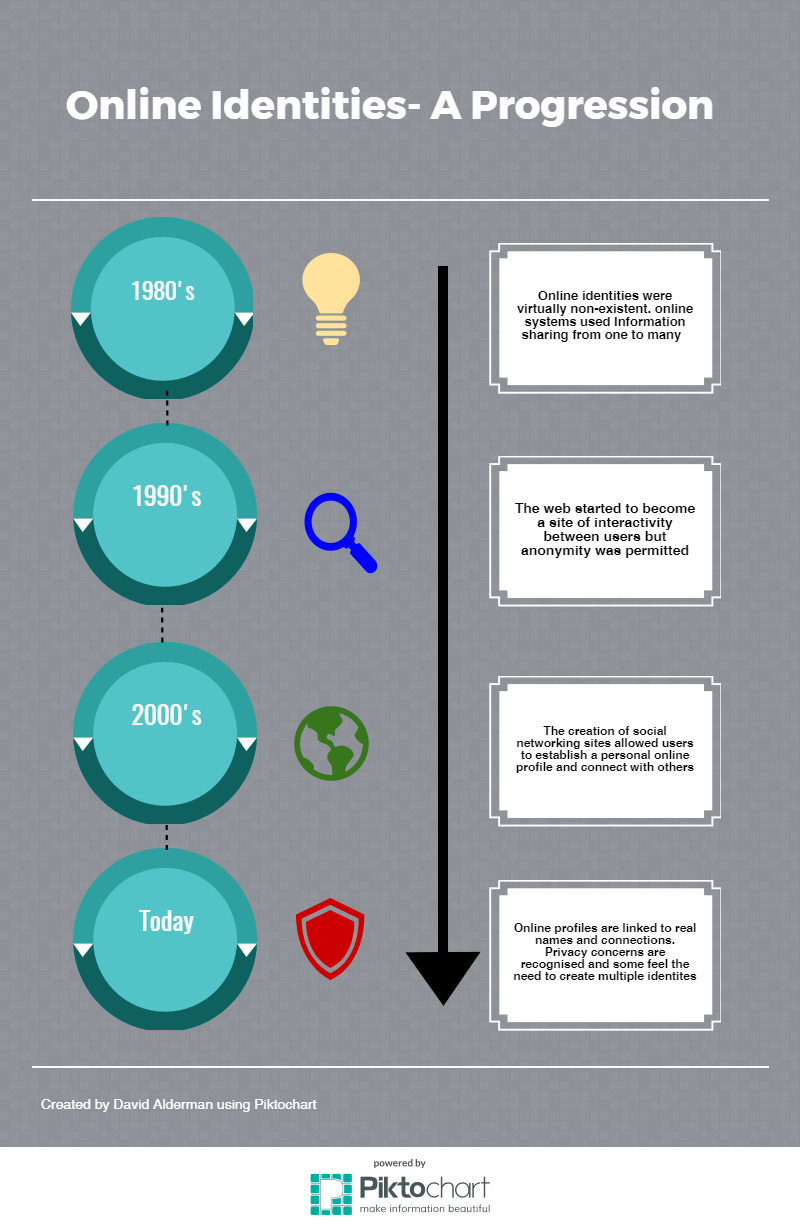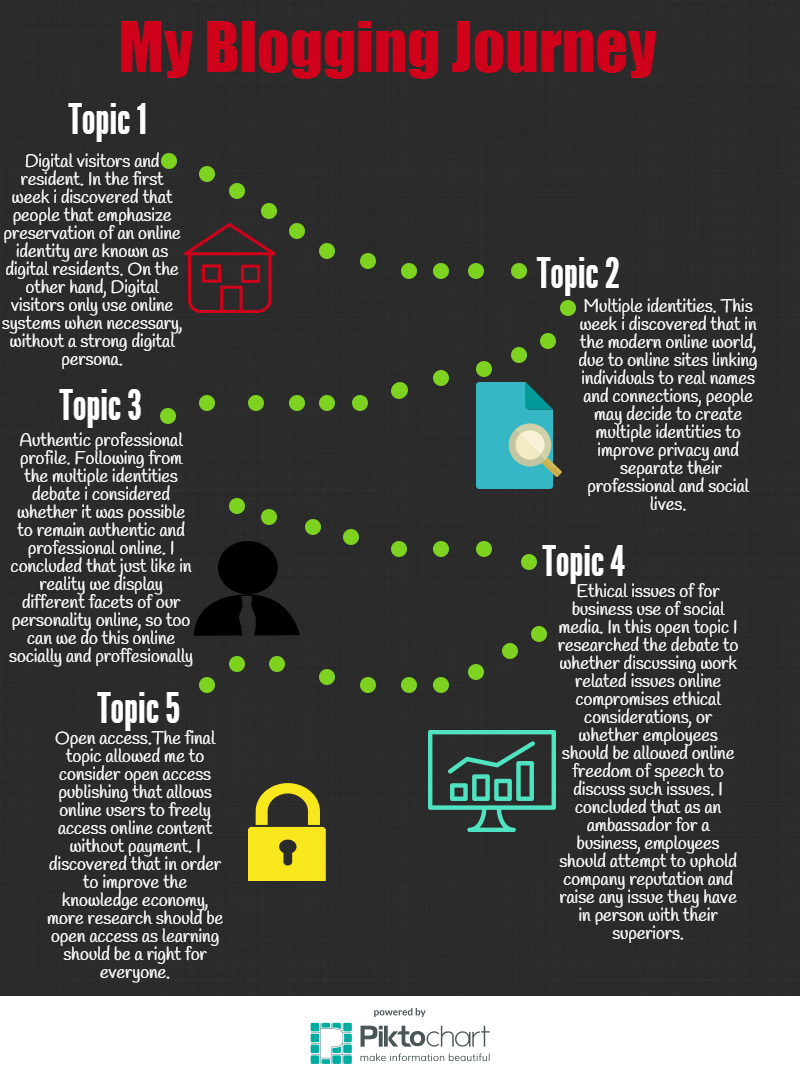
Living and Working on the web- Final reflections post
Before starting this module, I believed I was fairly proficient with online systems and assumed myself a digital expert, but it didn’t take me long to find out that this simply was not the case. Upon completing my first self-assessment I discovered quickly that my digital literacy was far less advanced than I had expected, particularly in regard to my personal online identity on social media.
Continue reading →

